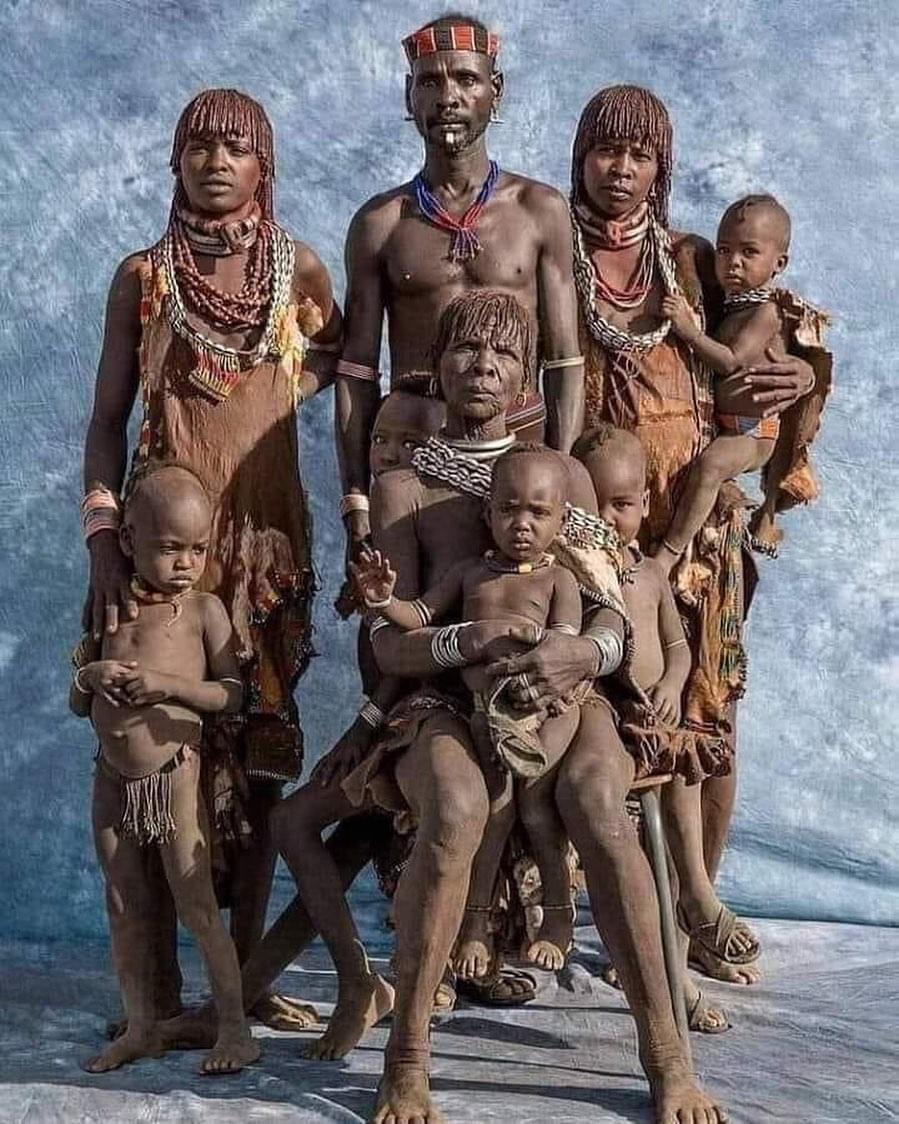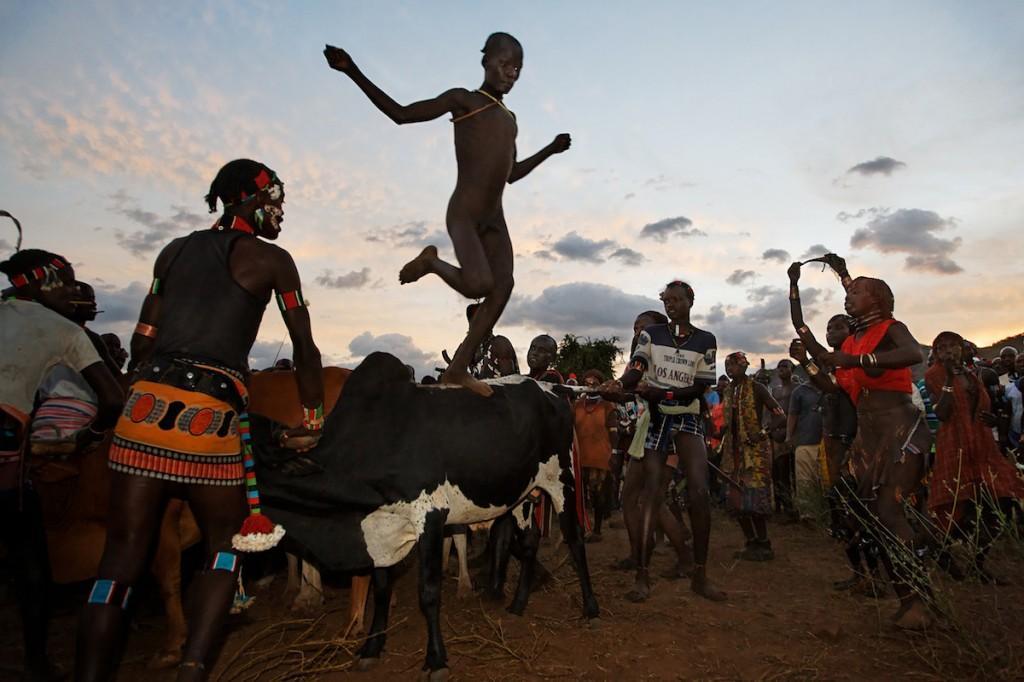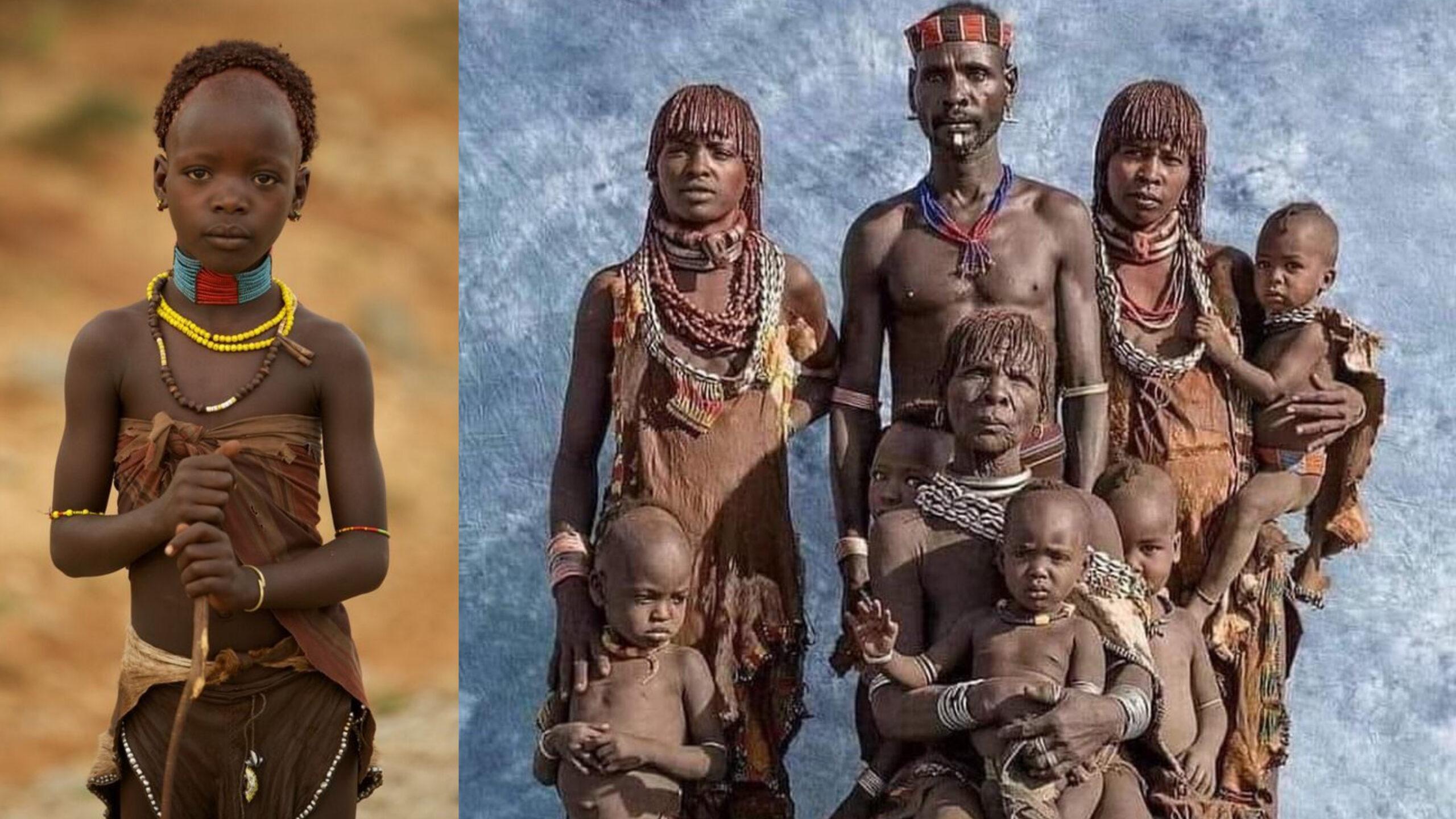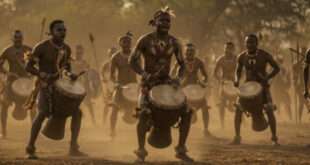Ethiopia is unique in Africa because it was never colonized by any European power. It holds the title of being the oldest sovereign nation on the continent, maintaining its independence even as much of Africa came under foreign rule. Along with Liberia, Ethiopia is recognized as one of only two African countries to avoid colonial domination, which is a source of great pride for its people.
The rich cultures and traditions of the Hamar people have remained unchanged for centuries because Ethiopia was never colonized. Although Italian forces occupied Ethiopia briefly in 1936, their control did not last long. The Ethiopians bravely resisted, and the Italians were eventually forced out, allowing communities like the Hamar to preserve their unique way of life without foreign interference.

The Hamar, sometimes spelled Hamer, are an Omotic-speaking tribe from southwestern Ethiopia. They live in Hamer woreda, which is a fertile district found along the Omo River valley in the Southern Nations, Nationalities, and Peoples Region (SNNPR), specifically within the Debub Omo Zone. The Hamar are mostly pastoralists, and cattle hold a very high value in their society, being central to their livelihoods and traditions.
One of the most celebrated traditions among the Hamar is the famous “bull jumping” ceremony, which is an important rite of passage for boys entering manhood. This ritual not only marks a turning point in a boy’s life but also brings the whole community together in celebration.
A special part of the ceremony involves the female relatives of the boy dancing and allowing themselves to be whipped by the newly initiated men. This act is seen as a demonstration of their support and love for the initiate. The scars left on the women are considered marks of bravery and are believed to increase their respect and influence, especially when it comes to marriage choices.
The most challenging part of the initiation is when the boy must run twice across the backs of a row of bulls or castrated steers. If he fails, he faces ridicule from the community, but if he succeeds, he is celebrated as having reached manhood.

Despite their deep cultural traditions, access to modern education remains very limited among the Hamar. According to Hamer Bena’s assistant administrator, Ato Imnet Gashab, only seven people from the tribe have ever completed high school, highlighting the challenges faced by this community in accessing formal education.
Within Hamar society, there are also strong spiritual beliefs. One of the most serious is the concept of “mingi,” which refers to being considered impure or ritually tainted according to their religion. This belief has a powerful influence over social life and the fate of certain children.
If a child, often a boy, is labeled as mingi, the consequences can be tragic. The child is separated from the community, sometimes by being drowned in a river or left alone in the wilderness. This practice is meant to protect the tribe from misfortune, according to their traditional beliefs, but it remains one of the most heartbreaking aspects of Hamar culture.
 The African History Truly African
The African History Truly African

